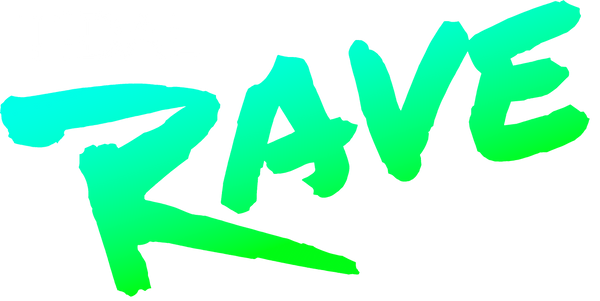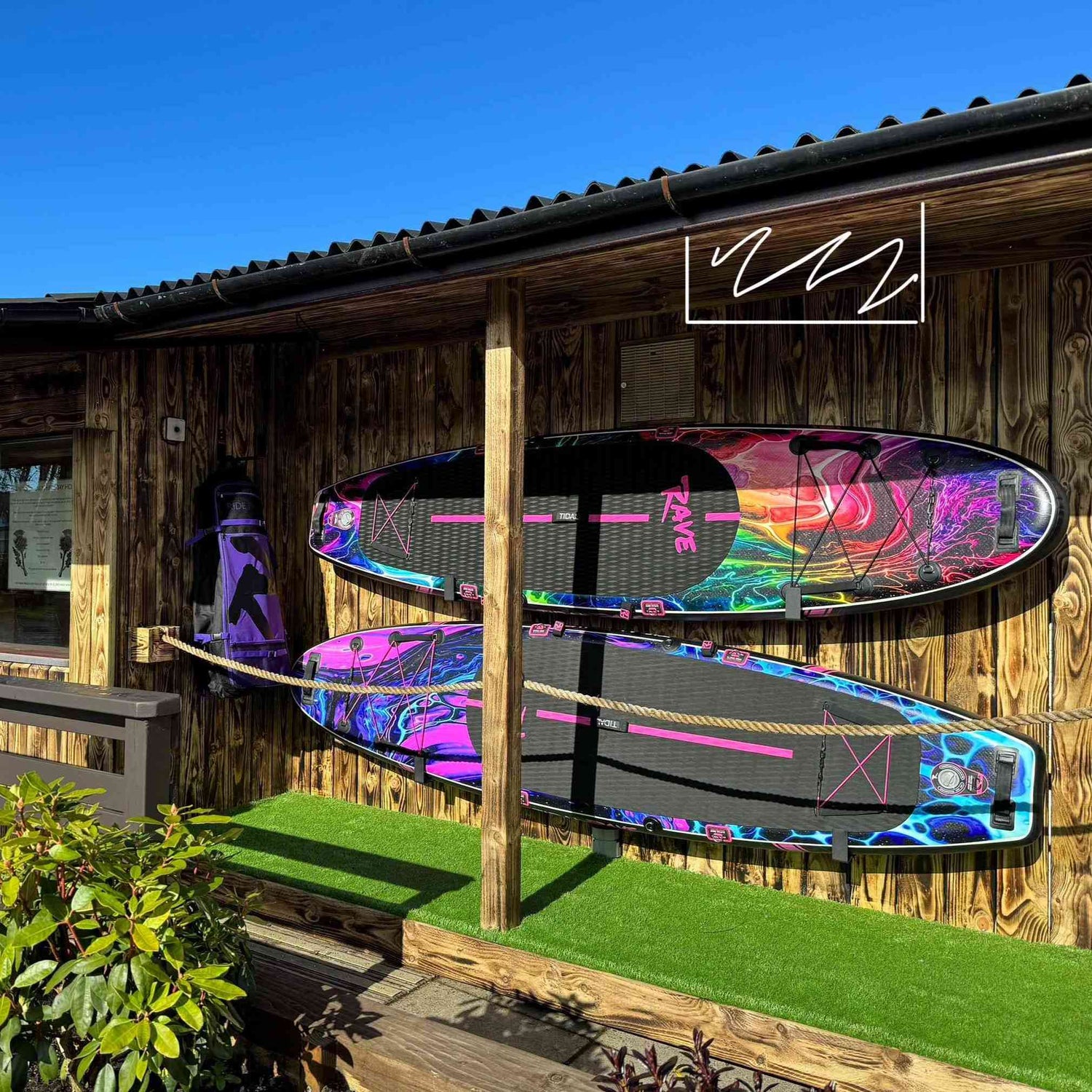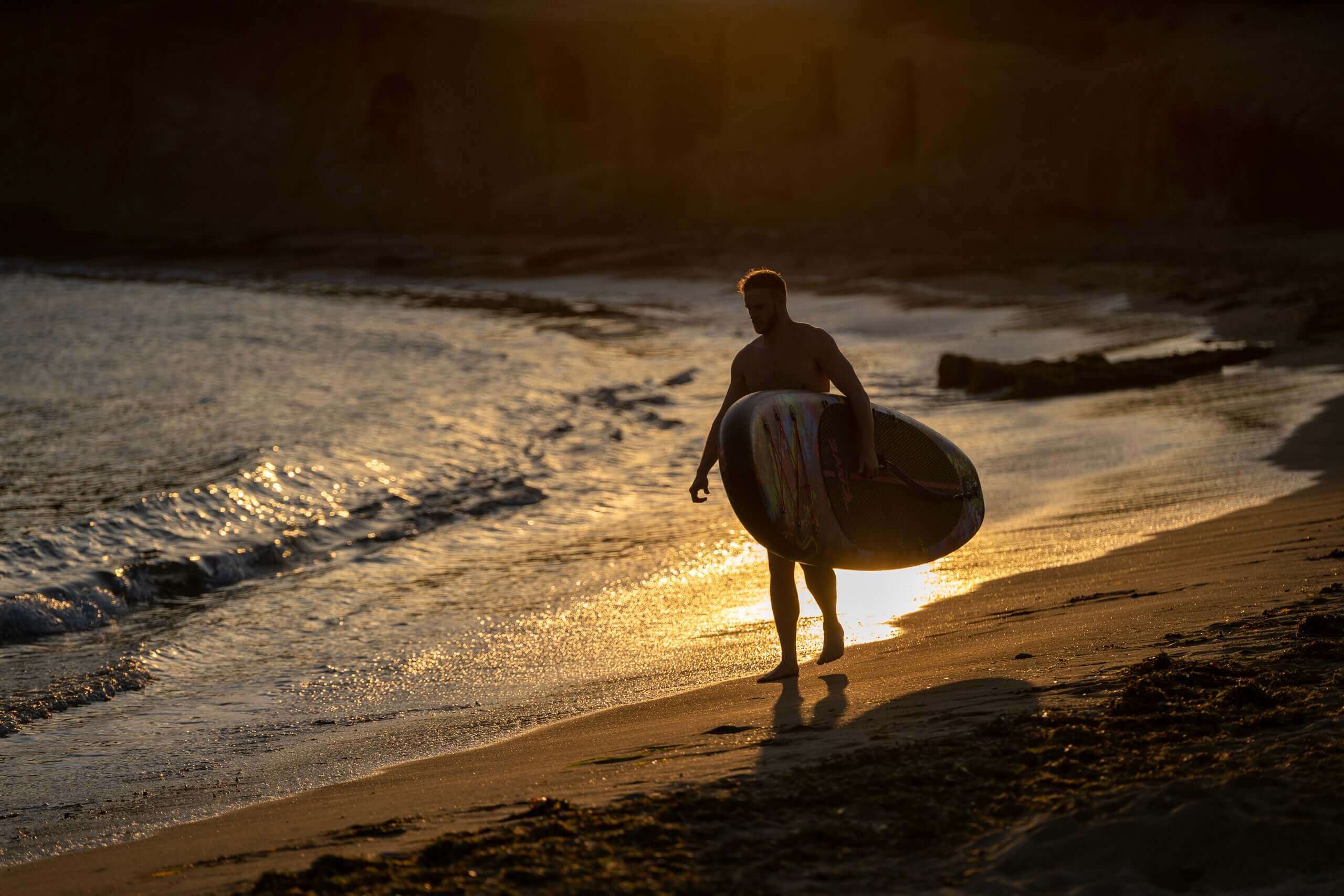The images you see of people paddle boarding might often be glamorous beach shots, but that's not the only place you can hop on your board. In fact, if you're a beginner, getting in the sea might not be the most natural first step. Learning on still and protected waters can make the whole process a lot easier. You won't have to worry about tides, waves, or wind. You can just concentrate on getting up and staying up.
That's why lake paddle boarding is perfect for beginners. And it's not just beginners who can have fun paddling around on a beautiful lake. Lake paddle boarding will get you up on your board, and plenty of lakes will have nearby watersports centres or paddle board hire, so you don't even need your own board.
What Is Lake Paddle Boarding?
It's just what it sounds like—paddle boarding on a lake. Stand up paddle boarding (SUP) can be practised in just about any water environment, including marine, lake, river, and even canal.
Paddling on a lake is still technically open water paddling, but it's more likely to deliver flat, calm waters compared to ocean paddling. Another consideration for lake paddle boarding is making sure you get the right board. You should have the best shape and construction to match the environment. Fortunately, you don't need anything as tough as you would require for paddling in the ocean.

Why Paddle on a Lake?
With so many places you can hop on your board, why choose a lake over your other options? Well, as mentioned above, lake paddling usually gives you a calmer environment. Unless the weather is bad, the water is probably going to be calm. That makes it ideal for beginners or improvers who want to concentrate on building their skills.
Lake paddling is really accessible too. If getting to the beach is a little tricky for you, you might find there's a nearby lake that makes a better option. Not only that, but many lakes have water sports centres or SUP businesses on their shores for access to board hire, lessons, and experiences.
Do You Need a Licence for Paddle Boarding on a Lake?
It's great to have the freedom to jump on your paddle board whenever you feel like it. But you also have to be aware of the rules. It might be a bit boring, but there are times when you need a licence to paddle the UK's waterways.
Anyone can buy one of these licences so there aren't any tests to pass, or anything like that. A Paddle UK/British Canoeing Membership includes a waterways licence to cover many of the UK's waterways. However, some lakes require permits that aren't included in your membership. For example, the National Trust-managed Crummock Water in the Lake District requires a separate licence.
Other lakes may not require a licence at all. For example, Windermere doesn't require a licence for paddling. The best thing to do is check before you travel. You can use the "Check Your Waterways" tool on the Paddle UK waterways licensing page. Enter the name of a lake or a postcode to bring up waterways and information about whether you need a licence to paddle them.

How to Paddle Board Safely on Lakes
Lake paddle boarding is often a lot safer compared to paddling in the sea. You can rely on it being generally calmer and less exposed. But that doesn't mean you can forget about safety. It's still important to check the weather conditions and properly prepare for your trip. You'll want to identify a safe space to launch and to get back on land.
Other water users can also be a hazard when you're paddle boarding on a lake. You need to be aware of who else might be on the water, whether it's other boarders, canoers and kayakers, or boats. Paddle boarding lessons will help to teach you not just essential paddling skills, but also how to be aware of your surroundings.
And don't forget the proper safety equipment. A personal flotation device (PFD) or life jacket is a must. Even if you're a strong swimmer, it will give you an advantage if you fall into the water. Be prepared for an emergency too, with a whistle and a way to contact the emergency services, such as a phone in a waterproof case or dry bag.
Lastly, don't forget to tell someone where you're going. It's best to paddle in at least pairs too, if not in a group. Only go alone if you're experienced and confident in your skills.
Where Are the Best Lakes for Paddle Boarding in the UK?
The UK has some stunning lakes that are perfect for paddle boarding. Here are just a few of the most exciting options.
Windermere
If you're looking for a lake, it makes sense to go to the Lake District. Many of the lakes in the area don't require a licence, so you're free to paddle them to your heart's content. Windermere is the largest lake in the national park, with a length of 11 miles. Try visiting in the quieter spring and autumn months, where the water is calm and the crowds are thin. You can also explore Ullswater, Coniston Water, Grasmere Lake, and more.
Lake Vyrnwy
Head to the north of Wales, not too far from Snowdonia, for this mystical lake, which is surrounded by dense forest. If you're looking for a challenge, Lake Vyrnwy could be the one for you. Make sure you're prepared for this large lake by checking the weather before you go. The area is also great for wildlife, including nearby nesting peregrine falcons and a nearby RSPB centre. Be aware that you'll need a licence to paddle, and you must launch from the boat house.
Wroxham Broad
The Norfolk Broads are a prime spot for paddle boarding, and Wroxham Broad is one of the largest. Wildlife enthusiasts, and twitchers in particular, will love this area thanks to its many birds. You could even be lucky enough to spot an otter while you're gliding through the water. Other fantastic Broads include Barton Broad and Salhouse Broad.
Looking for still waters to practise your paddle boarding? There are hundreds of lakes that can deliver just what you're looking for.




